MOSCOW: Kremlin anger over its losses in the Cyprus bailout could put the nail in the coffin of the “special relationship” shared by Germany and Russia, German businessmen and advisers increasingly fear.
“Of course there are tensions, there’s no secret about it,” said one adviser to the German and Russian governments, who asked to remain anonymous. “I’m afraid for relations. If the Germans crumble, then Russia has absolutely no ally in Europe anymore.”
Russia’s relations with the west have plummeted since Vladimir Putin returned to the presidency last year amid unprecedented protests. A sustained crackdown against his critics — including the jailing of protesters, new laws limiting free speech and a recent raid on international human rights groups — has prompted growing criticism from European capitals.
The final straw could be Cyprus. Many Russian billionaires and state-run businesses — and, according to some Russian media, Putin himself — stand to lose great amounts of money from the EU bailout deal. Russian anger has been loud — and largely directed at Berlin. Some state-run media have presented the EU bailout as a German plot to punish Russia.
“The Cyprus problem was initiated by the German secret services,” read a recent headline on Voice of Russia, a Kremlin-owned radio station. Alexander Nekrassov, a former Kremlin adviser, warned last week that in the case of big losses, “Moscow will be looking for ways to punish the EU”, including freezing or taxing the assets of large German companies operating in Russia.
The stakes are potentially huge. Russia is Germany’s second largest trading partner after China, with bilateral trade reaching $72bn in 2011. The Nord Stream pipeline, opened that year, solidified the country’s energy ties.
Their trade ties have stood independent of a political relationship that has steadily worsened since Gerhard Schroder stood down as chancellor in 2005 — not least because of Putin’s personal affinity for the country. He is fluent in the language, having served as a KGB agent in East Germany just before the Soviet Union collapsed.
He built a strong personal friendship with Schroder, who once referred to the long-time Russian ruler as an “immaculate democrat”. Putin repaid him handsomely, handing him a lucrative job on the board of Nord Stream after he left office. He also helped Schroder adopt two Russian children.
His successor Angela Merkel — who speaks fluent Russian and grew up in communist east Germany — did not have the same rapport with Putin as her predecessor. Her aides recall how during one meeting in Sochi, Putin deliberately let his dog sniff the chancellor’s legs; Merkel has a well-known aversion to dogs. “Typical KGB,” one of the chancellor’s aides complained.
“Mrs Merkel has a much more pragmatic approach to the Russian reality than did Mr Schroder,” said an influential German businessperson who has been working in Russia since the Soviet collapse. “His opinion on Russia was different and, you have to remember, Russia was different.”
In his third term, Putin has unleashed a relentless campaign to silence his critics, and a simultaneous foreign policy attacking the west. Those two vectors came together this week, when Russian prosecutors and tax officials raided dozens of non-governmental groups around the country, including Amnesty International, Human Rights Watch, and two German NGOs. The inspectors appeared to be particularly tough on the German funds — the Konrad Adenauer Foundation in St Petersburg, allied to Merkel’s CDU party, and the Friedrich Ebert Foundation in Moscow, linked to Germany’s Social Democrats — confiscating computers and documents.
Berlin has reacted indignantly to the unprecedented raids. Guido Westerwelle, the foreign minister, warned that the raids would have a “sustained effect on bilateral relations”.
The Frankfurter Allgemeine Zeitung bluntly observed that Putin’s “authoritarian regime” was “slowly transforming into a bona fide dictatorship”. The business paper Handelsblatt said: “Such political tensions can have a far-reaching effect, including on businesses in both countries.” For the first time, German firms were now looking “sceptically” at the worrying developments inside Russia, it said.
Russian officials have also begun lashing out at the German press. Alexey Pushkov, the head of the Duma’s committee on international relations, tweeted on Friday: “It’s time to come to the conclusion that the German press is undemocratic, unpluralistic and has turned into anti-Russian agitprop.”
The German business community is beginning to show concern. “I don’t think Russia is interested in putting pressure on German companies,” said another businessperson who has been working in Russia for 17 years. “It’s not useful for them. But things might change if the Russian authorities continue to search our funds and NGOs — this really is an act that concerns the authorities in Germany and social opinion.”
With federal elections approaching in September, Germany’s relationship to undemocratic powers such as Russia and China is due to be a key theme, the adviser said. “The Russian position is: Yes, Mrs Merkel and the Germans are doing an election campaign on our backs and taking our money away.”
As the crisis in Cyprus unravelled, Putin welcomed China’s new premier, Xi Jinping, on his first trip abroad. They signed a host of deals, including a series of oil agreements and promises to reach a long-awaited gas deal later this year. It was the latest move in Putin’s turn away from the west, which has long been seeking ways to ween itself off Russian energy.
By arrangement with the Guardian















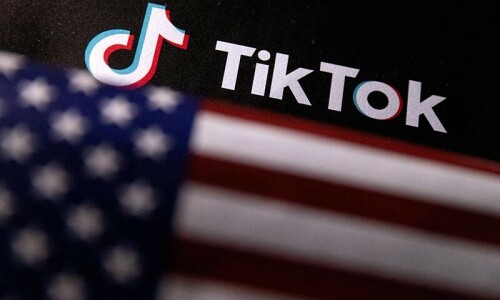

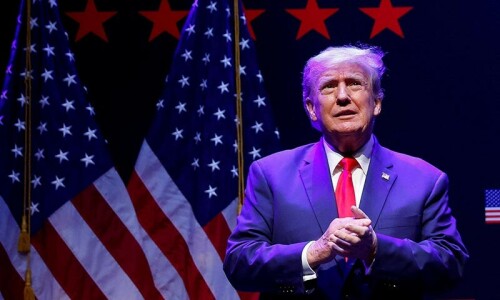
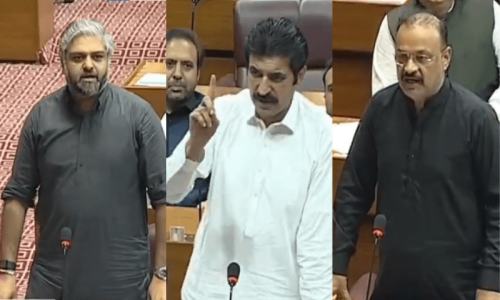







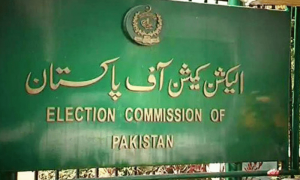
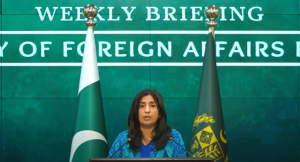
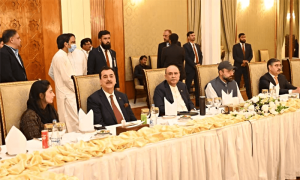
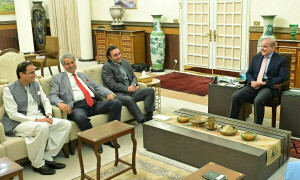
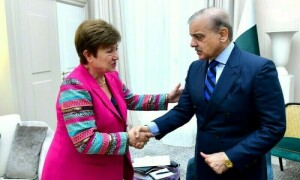

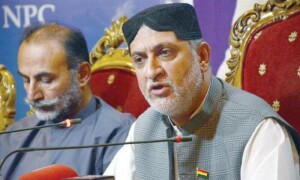

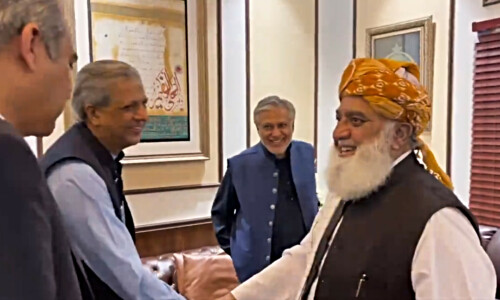





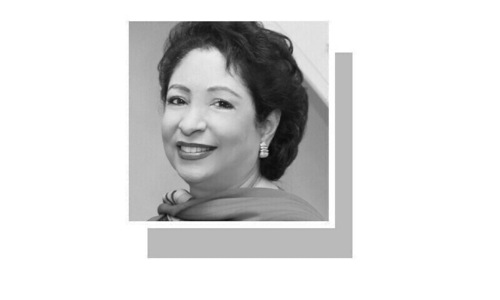






Dear visitor, the comments section is undergoing an overhaul and will return soon.